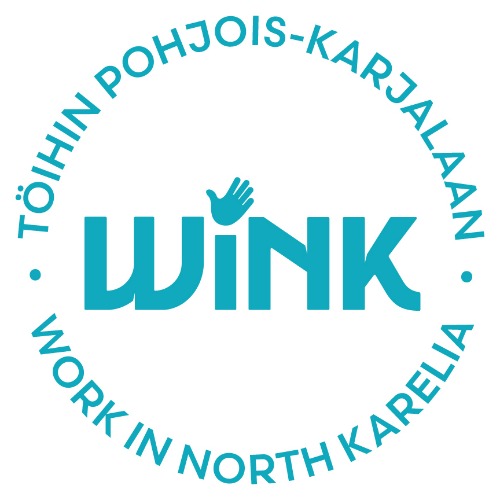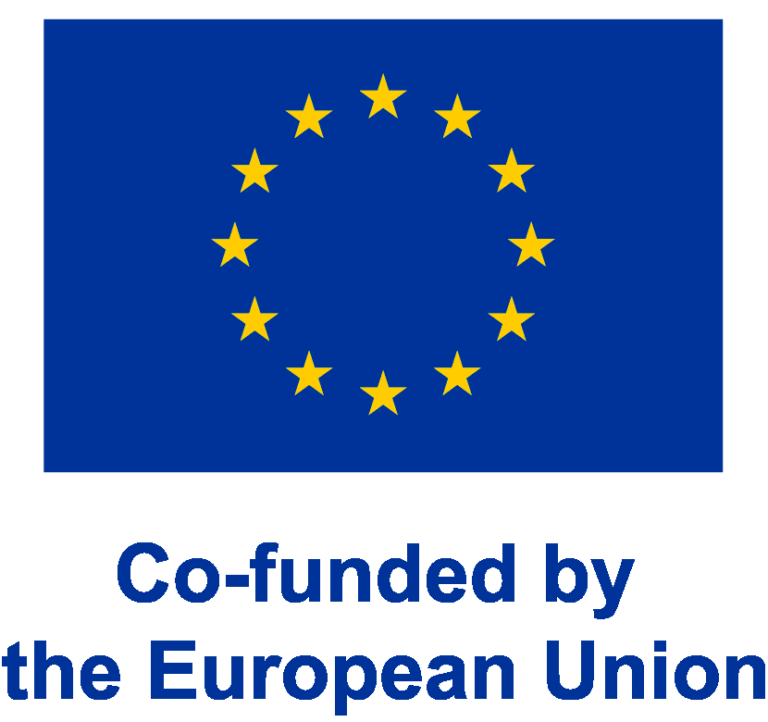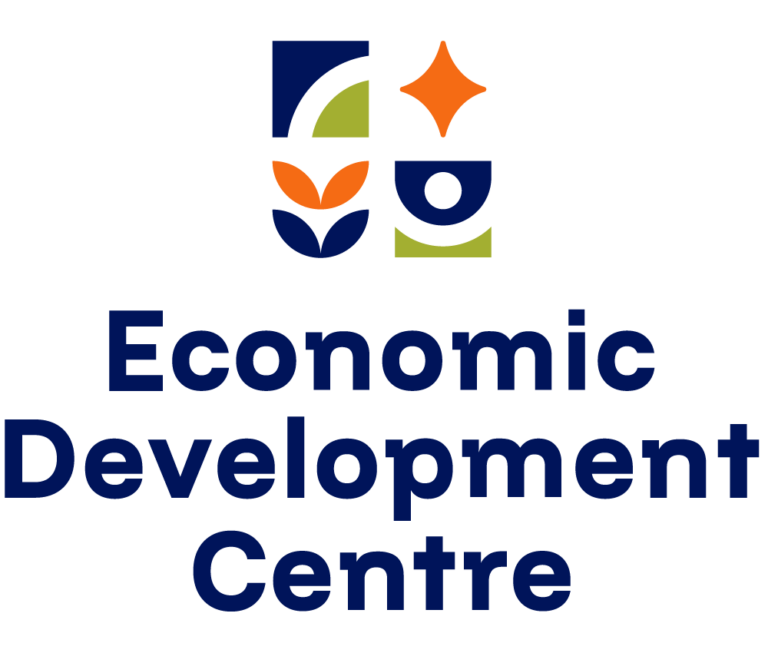
WiNK – Work in North Karelia
Funders


The project is funded by European Social Fund Plus (ESF+). The project is implemented by University of Eastern Finland, Elinkeino-, liikenne- ja ympäristökeskusten sekä työ- ja elinkeinotoimistojen kehittämis- ja hallintokeskus (coordinator), North Karelia Municipal Education and Training Consortium Finland Riveria, Karelia University of Applied Sciences, Evangelical Folk High School of Kitee (KEKO) and Lieksan kristillisen opiston kannatusyhdistys ry.
Contact persons
The goal of the WiNK project is to create a networked operational model in North Karelia that supports the employment and integration of international talents. The model aligns and develops the guidance, counseling, and other services for international recruitment by companies and employers, the services and processes for international professionals, and the expertise of the actors involved. These measures strengthen the region’s attractiveness, ensuring that international talents studying and residing in the region remain there permanently.
The main applicant for the project is the North Karelia ELY Center. The sub-projects of the group project are implemented by the University of Eastern Finland, Karelia University of Applied Sciences, Riveria North Karelia Municipal Education and Training Consortium, Kitee Evangelical Folk High School, and Lieksa Christian Folk High School.
The target group of the group project includes regional actors whose tasks involve supporting the education, employment, integration, and settlement of international talents. The target group includes employees from cities, municipalities, welfare areas, schools, development companies, organizations, and service providers in business, employment, education, and integration. The target group also includes companies and employers in North Karelia looking to hire international talent as well as international students.
The indirect target groups of the project are workers coming to Finland from abroad with their families, and broadly all people with an immigrant background living or staying in North Karelia.
The main goal of the project is to create a regional networked operational model that guarantees comprehensive services for international talents already in the region and those coming to the region. The operational model ensures that tasks are not duplicated and that nothing is left undone in promoting employment and integration. Another goal is to develop the readiness and capability of local companies to welcome international talents into their work communities through service pilots. These actions lower the recruitment threshold, especially in companies that do not yet have experience in recruiting people with a foreign background.
The sub-projects develop, among other things, the following: 1) The University of Eastern Finland and Karelia UAS develop a training package that strengthens expertise in integration work, responding to the competence needs of municipalities and experts, changing structures and legislation, and considering the conditions of working life for learning at work. The staff of the participating organizations, as well as the immigration staff of the region’s cities and municipalities, participate in co-development. 2) Karelia UAS and Riveria develop the competence of educational institution staff in teaching and guiding international students, implement Finnish as a second language (S2) and support services related to settlement and integration, and strengthen networked cooperation that supports the transition of international students from secondary education to higher education. 3) Kitee and Lieksa folk high schools develop the participation and community of immigrants through language café activities, which are implemented both locally and online in North Karelia. The folk high schools conduct pedagogical development work by mapping and creating learning materials to support practical language skills, considering themes of civic orientation, especially for groups at risk of exclusion and working immigrants.
In the WiNK group project’s network, new service experiments and paths are implemented, and cooperation models are built to address the challenges related to the recruitment of companies and the settlement, employment, and integration of international talents and immigrants. The development work utilizes the knowledge of actors whose best expertise are in the recruitment, integration, and settlement of international talents and services.



